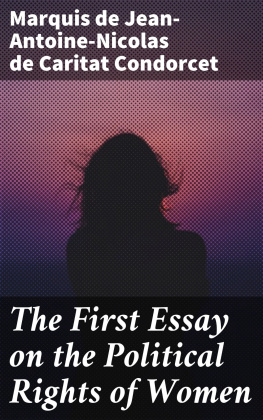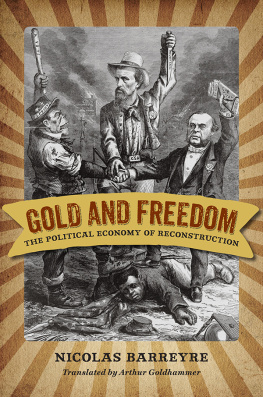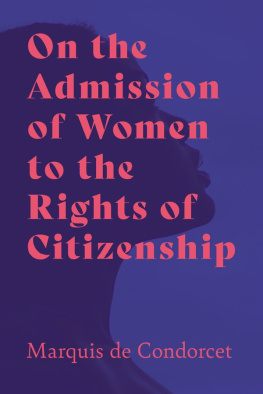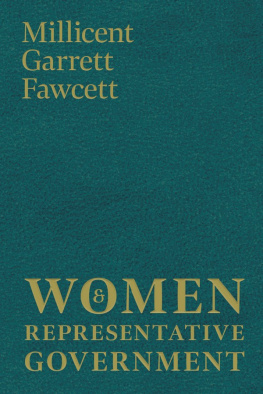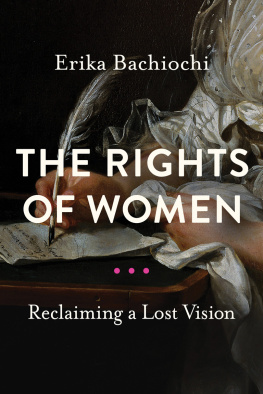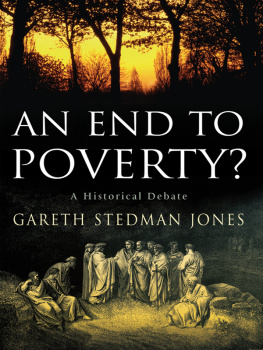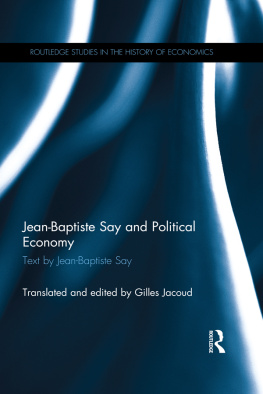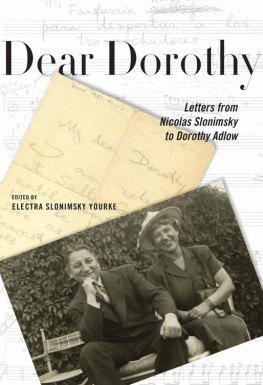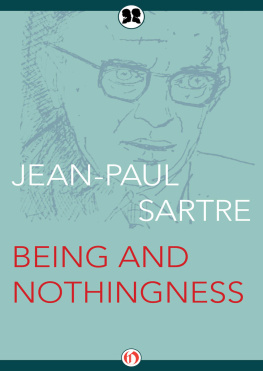THE FIRST ESSAY
ON
The Political Rights
of Women.
A Translation of Condorcets Essay Sur ladmission
des femmes au droit de Cit (On the Admission
of Women to the Rights of Citizenship).
Collected Writings, 1789.
BY
DR. ALICE DRYSDALE VICKERY.
(WITH PREFACE AND REMARKS.)
LETCHWORTH:
GARDEN CITY PRESS LIMITED.
Price Twopence.
Preface.
More than one hundred years have passed away since, in 1789, the Marquis de Condorcet wrote his Esquisse sur lAdmission des Femmes au Droit de Cit, and yet the problem of womens enfranchisement still awaits an equitable solution. Those of us who are old enough to remember the inauguration of the popular movement for the extension of the franchise to women (which may be dated from the day in which our late noble leader, John Stuart Mill , addressed the House of Commons on this subject, in May, 1867), feel that our lives are passing away while wearily awaiting the dilatory educational development of mankind in this question.
The essential principles of our claim have been reiterated again and again. We form one-half of the human race, and need recognition by the law as much as the other half of the race. But, as long as our law-makers are not directly responsible to us for their conduct in Parliament, they may, and do, safely neglect our interests, and pass laws which jeopardise our liberties and subordinate our just rights of person, property, and offspring to the supposed interests of the men whom they represent.
The spirit which animates Parliament pervades the whole of our social life; and women suffer from lack of educational facilities, and from obstacles to success in industrial and professional life, in ways which have no parallel in the case of men. All these things have been urged again and again until we are weary of repeating them; and we ask ourselves, as we mentally review our position, Where shall we find some new argument wherewith to arrest the attention, and compel the action, of those who have the power, but seem to lack the will, to do justice? It is curious to note that the great point on which the mass of men seem united is their sex. Prejudices of race, of caste, of colour may be overcome; but the pride of sex remains. Rights of citizenship are accorded to the small shopkeeper, artisan, lodger, agricultural labourer, and to the illiterate who knows no difference between one party and the other, either as to tendencies or methods of government. The Anglo-Saxon confers rights of citizenship upon the foreigner, upon the negro (as in the United States), upon the Maori (as in New Zealand)the last of whom, sitting in the New Zealand House of Representatives, helped to maintain this glorious prerogative of sex by giving their casting-votes against a measure intended to meet the claims of the Anglo-Saxon women in New Zealand.
And all this despite the admitted fact that the social and economic problems, which are coming more and more into the field of parliamentary labours, are all but incapable of solution without the help of enfranchised women.
Must women, then, following the example of men, learn to put sex in the first place and regard all other interests as secondary? Is this really what men wish to force women to do? One would think not. At present women have not adopted any such principle of action. They are divided rather than otherwise, according to the relations they occupy with regard to men. The married woman, on the one hand, seems opposed to the claims of the widowed and single, on the otherand vice vers; and both together combine to ostracise some of their own sex. It seems probable, however, that we women will have to learn to drop all such rivalries, and determine to form one vast organisation, which shall include within its ranks all sorts and conditions of women, and shall extend over the whole of the United Kingdom, if we would not see this nineteenth century completed without Womans Emancipation becoming an accomplished fact.
( Dr. ) ALICE VICKERY.
On the Admission of Women to
the Rights of Citizenship.
BY THE MARQUIS DE CONDORCET.
C ustom may familiarise mankind with the violation of their natural rights to such an extent, that even among those who have lost or been deprived of these rights, no one thinks of reclaiming them, or is even conscious that they have suffered any injustice.
Certain of these violations (of natural right) have escaped the notice of philosophers and legislators, even while concerning themselves zealously to establish the common rights of individuals of the human race, and in this way to lay the foundation of political institutions. For example, have they not all violated the principle of the equality of rights in tranquilly depriving one-half of the human race of the right of taking part in the formation of laws by the exclusion of women from the rights of citizenship? Could there be a stronger proof of the power of habit, even among enlightened men, than to hear invoked the principle of equal rights in favour of perhaps some 300 or 400 men, who had been deprived of it by an absurd prejudice, and forget it when it concerns some 12,000,000 women?
To show that this exclusion is not an act of tyranny, it must be proved either that the natural rights of women are not absolutely the same as those of men, or that women are not capable of exercising these rights.
But the rights of men result simply from the fact that they are rational, sentient beings, susceptible of acquiring ideas of morality, and of reasoning concerning those ideas. Women having, then, the same qualities, have necessarily the same rights. Either no individual of the human species has any true rights, or all have the same; and he or she who votes against the rights of another, whatever may be his or her religion, colour, or sex, has by that fact abjured his own.
It would be difficult to prove that women are incapable of exercising the rights of citizenship. Although liable to become mothers of families, and exposed to other passing indispositions, why may they not exercise rights of which it has never been proposed to deprive those persons who periodically suffer from gout, bronchitis, etc.? Admitting for the moment that there exists in men a superiority of mind, which is not the necessary result of a difference of education (which is by no means proved, but which should be, to permit of women being deprived of a natural right without injustice), this inferiority can only consist in two points. It is said that no woman has made any important discovery in science, or has given any proofs of the possession of genius in arts, literature, etc.; but, on the other hand, it is not pretended that the rights of citizenship should be accorded only to men of genius. It is added that no woman has the same extent of knowledge, the same power of reasoning, as certain men; but what results from that? Only this, that with the exception of a limited number of exceptionally enlightened men, equality is absolute between women and the remainder of the men; that this small class apart, inferiority and superiority are equally divided between the two sexes. But since it would be completely absurd to restrict to this superior class the rights of citizenship and the power of being entrusted with public functions, why should women be excluded any more than those men who are inferior to a great number of women? Lastly, shall it be said that there exists in the minds and hearts of women certain qualities which ought to exclude them from the enjoyment of their natural rights? Let us interrogate the facts. Elizabeth of England, Maria Theresa, the two Catherines of Russiahave they not shown that neither in courage nor in strength of mind are women wanting?

